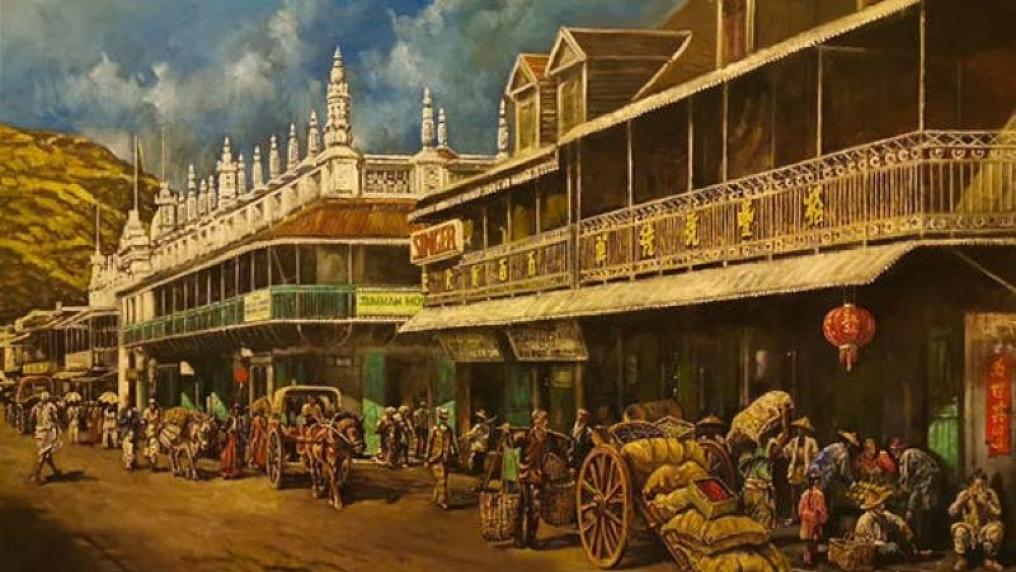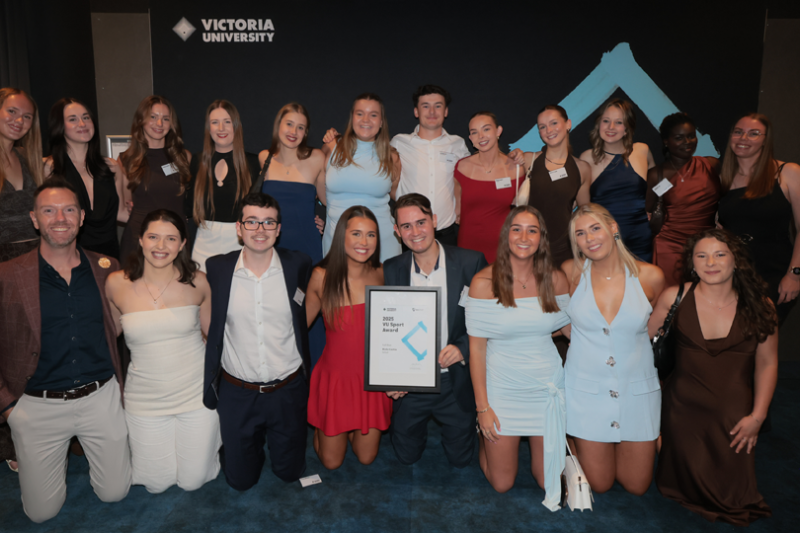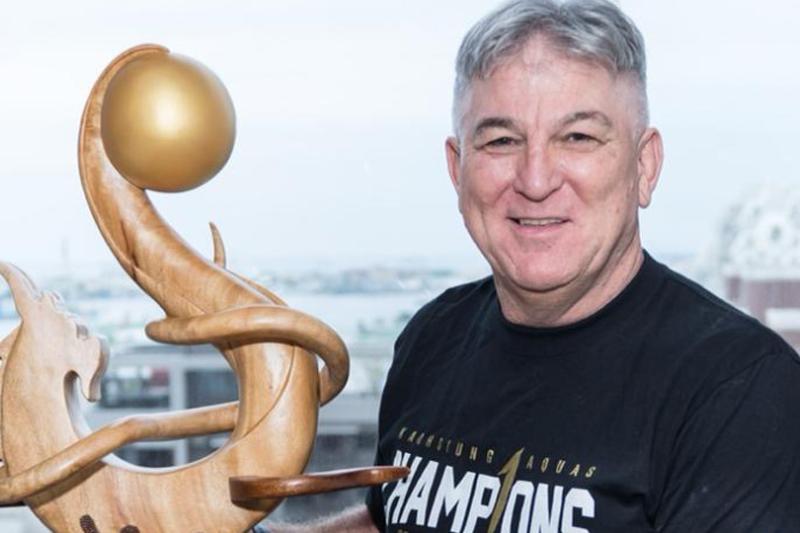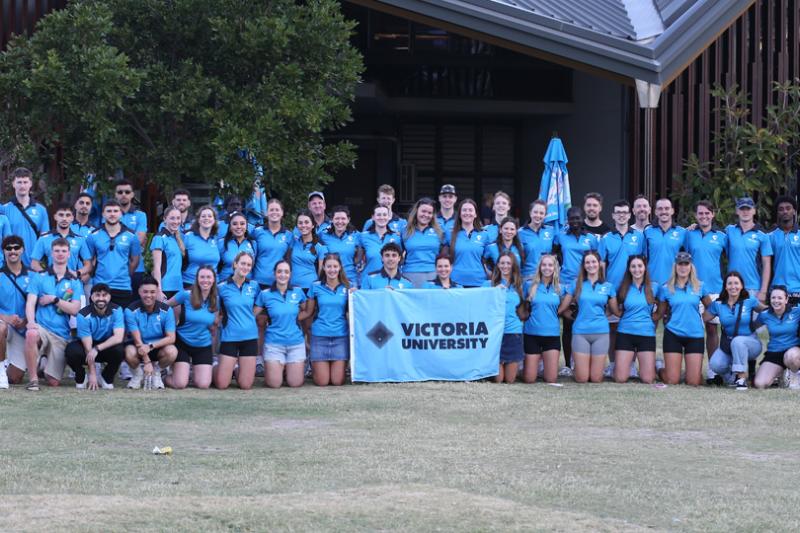Friday essay: How do I understand who I am when my family have hidden themselves from recent history?

My auntie has stopped speaking to her siblings. Rifts like these are commonplace in my family, where people fall out with each other like dealt cards. The size of our family doesn’t help. The original eight siblings have grown into four generations and almost 90 people. Full family parties happen only at parks and playgrounds or in the backyards of wealthy family members, which are the only backyards that can accommodate us all.
Some of the grievances are historic, dating back decades and finessed over time. Others are new; fresh. It’s a condition prevalent among migrant families, especially those like mine who have been tentative – because of differences in language, culture, class, education – to socialise widely in Australia. We are tethered to each other and this tether grows thin, frayed by too many gatherings filled with the same faces and the echoes of old pains. In this context my 70-year-old auntie’s antagonism is understandable.
Except for this. She will speak to her siblings (and presumably to us nieces and nephews) if we speak to her in English or French. She just won’t speak to anyone in Creole anymore.
It was my dad who told me this, and when I asked why, he muttered something about Creole being a low language. What do you mean, I pressed.
“A low language,” my dad said again. “You know, without proper verbs and things like that.”
Creole, the language that my Mauritian family speak with one another, is a patois – a variation on French. That’s what I’ve always been told, anyway. Google tells me something else: that it’s a mix of a European with “local” languages, especially African languages spoken by slaves in the West Indies – this is mentioned discretely, in brackets.
Like my auntie, Google also privileges French.
And while there is no official language stipulated by the Mauritian constitution, in places like Parliament, the chosen languages are English and French, despite the fact that 86.5% of the population speak Creole.
In not wanting to speak Creole, my auntie is merely doing what her country asks of her. She is also doing what her mother asked of her. Despite her Chinese husband and surname, my grandmère taught her children to speak French, but not Chinese.
Growing up, I could count to ten in Cantonese, and the only phrases I knew were “wash your bum”, “wash your vagina” and “wash your penis”. These were the height of our pre-teen insults. Once, in anger, I told my father to “gong hei fat choy”. He laughed. “What’s so funny?” I asked in indignation. “I just told you to leave me alone.”
“No you didn’t. You wished me a happy new year.”
But when it came to French, my grandmère schooled us on the intricacies of pronunciation. Her favourite grandkids were the ones who pronounced the words flawlessly, with a French tongue. Like everyone else in my family, Grandmère spoke Creole most – but for her, French was the language in which she wasn’t just seen as poor and brown, and she made sure all her children could speak it. As though the language were a cloak that could be thrown over them all, allowing them to pass, for a moment, as something they weren’t.
I loved my grandmère. There was a pillowy warmth about her. She smiled easily. She pulled us onto her lap and sang us songs and told us stories. She went to church every week, carried ten babies in her womb and buried two. When she and her family lived in Mauritius, she rose at 5am and worked until 11pm making manioc (tapioca). This meant cutting, peeling, grating and draining cassava, soaking it for days, straining and kneading and drying it. My aunts would get up and work with her before going to school for the day, their hands still bleeding.
My grandpère’s job was cycling around Mauritius selling DDT to farmers. While raising a large family, Grandpère became sick, first with tuberculosis and then with typhoid. A bucket was kept by his bed into which he vomited blood. My favourite auntie remembers vividly the bucket, the blood and the distance they were forced to keep from it.
This is all, of course, a way of me telling you not to judge my grandmère. I don’t judge my grandmère, or even my auntie, for privileging French over Creole. Their experiences are not my own. Neither of them had the luxury of studying for an arts degree at a university where the curriculum was taught in the language that the vast majority of the population spoke. English is a language that has been forced on us all.
That doesn’t make us all heard, by the way. But it suggests that we might be heard if we say the right things to the right people.
Questions of identity
Like most countries with a history of slavery, both real and economic – indentured workers are not enslaved physically, but they are also not free – Mauritius has deep issues around racism and identity. It has been colonised twice, first by the French and then by the English. At one point in history, slaves constituted 80% of the Mauritian population.
It’s no surprise, then, that many Mauritians were eager to emphasise their European heritage. They hold the other parts of themselves – Chinese, African, Indian – under deep water.
The country was formally decolonised in 1968. It was too late for my family, who emigrated to Australia in 1969. They never got to feel what their country was like free of British rule, to exhale as (some) of its institutions became more democratic and multicultural. In coming here to escape British imperialism, they merely traded one form of racial discrimination for another.
This is why Grandmère insisted that her mother was light-skinned with grey eyes. This is how her story goes, though everything about us – our hair, eyes, lips, skin – suggests that this cannot be true. My grandmère’s surname before Kon-yu was Leubas (pronounced Le-bah), though this is an uncommon name and one I’ve had some difficulty tracing.
My Mauritian family has a history of strange names: Kon-yu is a strange name, a Chinese academic once told me. As far as she knew, Chinese names weren’t hyphenated. There aren’t many Kon-yus around the world, and we’re the only ones in Australia. If you search for Leubas and its variations, the most popular name you will find is Leuba (pronounced Loo-bar), which is a name most commonly found in Switzerland.
These are not our people.
Creole was one of the first languages I knew. A language I didn’t have to translate, but one that sat within my skin. I probably stopped speaking Creole in my early 20s when my grandmère died. I try to speak it still with my aunties, but I fumble, embarrassed, over my loss of basic words and phrases. I find myself translating from English to Creole in my mind.
The only time in my adult life when the language comes back to me is when I am with my children. All my lullabies are in Creole and, as it turns out, so are many of my commands. “Donne moi ton li pied,” I ask my son as I dress him in his pyjamas. “Pa touché ça!” I’ll cry out. My kids, born in Australia to two English-speaking parents, don’t know yet that they’re hearing Creole. They don’t know how low their language is.
The other language they hear, the other one I speak, my other first language, is Italian. This comes from my mother and from my nonna and nonno. It’s easier to put effort into relearning Italian – there are books and apps and classes. It is, as my father and auntie and grandmère have intimated, a proper language. People want to learn it.
Like Creole, Italian bursts out of me at odd moments. Most often at the Italian deli, where the air is thick with baccala, provolone and the sounds of words I remember, however dimly. It forces its way through, like Creole, when I am with my children. Again, lullabies and commands are sung and given in Italian. Here the languages are easy.
They slip out of me as though no other language stands in their way. There is no translating. There is just memory.
Tying down a definition
This is an uncomfortable matrix of things to be born into. Especially now, in this cultural moment when it seems as if everything must be tied down, defined. I feel a pressure, exerted from almost everywhere, to define myself in a certain way, as a woman of colour, even though this definition doesn’t quite fit.
I am wary of taking space from people who are defined much more categorically by their skin colour, who cannot pass.
And I am cautious of tying myself to a set of definitions based on my skin colour and unusual surname. When the issue is racism, then racial categorisations can only get us so far. Racism doesn’t respect geographic or religious differences. I’m also painfully aware that Mauritius is a country where the colour bar was instituted and wielded against its citizens. And I’ve never forgotten what Toni Morrison pointed out in Beloved – that “Definitions belong to the definers, not the defined”.
Yet, even so, sometime in early 2020, I decided to take a DNA test. I was sceptical, but curiosity got the better of me.
The results came during the pandemic and the first lockdown here in Melbourne. They were a brilliant moment of sunshine in days that hung greyly together. Here, at last, was the answer to who I actually was and where my family were definitely from. And yes, I know these things are not always accurate, that mistakes are made and cultures lumped clumsily together. But I was ready for a different thread of the story.
The results were a seismic shift in the narrative of who we are and where we are from. I found out I am Asian, but not Chinese. It turns out only a measly 2.6% of my DNA is Chinese. There is no French. None at all.
When I shared my DNA results with my cousins over a family group chat, they were shocked. One exclaimed, “you are more than half-Asian!” Both her parents are from Mauritius, and it reminds me that even in my own family, we categorise ourselves. I was surprised by this too, assuming my ethnicity was split down the middle, that my shorthand cultural signification was “Eurasian”. All this time, I have been far more Asian than Eur.
I grieved when I got these results. I grieved for the cultures I had been told I belonged to, whose traditions my family and I practised. Our love of yum cha, the little red envelopes my grandpère gave us at Chinese New Year when we were kids, the easy way I fold wonton and use chopsticks. My own Chinese surname. What had once seemed genetically and culturally solid now felt like an accident of fate. A Chinese man in the right place at the right time.
So where does Leubas come from? It is undeniable that both my grandmère’s names are French-sounding, but are they Creole names – Afro-French rather than European French? No one knows. And while I am used to being seen as a stranger by other people, it was quite another thing to feel like a stranger to myself. Looking at the Ethnicity Estimate in my test results, seeing myself in various coloured blobs spread out all over the world, I felt like I was from everywhere, and therefore from nowhere.
I am still Italian – at least that part of my history is true – but I’m a bit less Italian than I would like. I’m also 12% English, which explains, perhaps, my nonna’s blue eyes, passed down to my son, who is the only Kon-yu born with eyes this colour. The Englishness was a particular blow to me, as someone who does postcolonial work and habitually blames the English for All the Things Wrong With the World. I won’t lie. I felt the shift of the moral high ground change under my feet when I read this.
Mauritian didn’t even rank as an ethnicity. It can’t. Everyone from Mauritius is from somewhere else, or from many places at the same time.
Stories in DNA
I couldn’t speak English when I went to school, despite being born in Australia. I became aware of the differences between myself and my classmates when I was moved from a school of working-class brown kids to one filled with working-class and middle-class white kids. I was aware at the age of seven, when my new classmates kept a polite distance from me and my difference, how little control I had over the story of who I was. Like my auntie, I refused to speak Italian and Creole at home after I started school, knowing even then how tightly English needed to be cleaved to my self. That I needed it not only to get by, but to do well.
With the loss of Creole and Italian I can no longer claim to be trilingual. And there are things I’ve forgotten that I want to remember. My grandmére’s stories, for one. No one in my Mauritian family remembers these stories. Not one. It’s like we lost them in the deep water between here and there, discarding them as things we no longer needed. I’ve looked for them online. I’ve bought books of Mauritian fairy tales and asked people to transcribe them. But they are not our stories. I’ve searched for African fairy tales, for Indian fairy tales, for French fairy tales. All with no luck.
So where am I actually from, and does it matter? The bulk of my DNA is West Asian (Turkey, Iraq, Iran, Azerbaijan) followed by South Asian (India, Pakistan, Nepal, Sri Lanka). The West Asian, I think, can be ascribed to my Italian family, who are from Sicily (a place that has a precarious relationship to Italianness at the best of times). The South Asian is something I share with another cousin who took the DNA test. And there are stories, hushed of course, of my grandpère’s mother, a Muslim woman who was either (depending on who tells the story) ostracised by her mostly Christian family, or was well-loved and died young.
My Ethnicity Estimate gives me 42 ethnicities. By contrast, my husband’s ethnicity comprises two major ethnic groups: Irish and Northern European. His coloured blobs sit side by side on a map. It is a map of people who were content enough to stay where they were born, who didn’t venture too far.
When I look at my own map, all I see is people fleeing.
I know that the truth doesn’t reside in a random swab of my cheek, but nor does it lie in family stories that contradict themselves. It is somewhere else, secret and hidden. The hiding makes me sad. The fact that my family come from places they want to keep hidden. The fact that we are a family devoid of lore. Nobody knows anything definite about my great-grandparents, and information about my grandparents is scarce. Where did Grandmère and Grandpère meet? I asked my favourite auntie, the one who cleaved to her mother, who listened actively for information. She couldn’t say because she didn’t know.
There is grief here, to be part of a family who have hidden themselves from recent history. Who can’t trace their lineage back more than two generations before the trail wisps into nothing. Who are probably not spelling either of their surnames (Grandmère’s or Grandpère’s) properly.
Along with the sadness and loss I feel, I am lucky enough to see an exit here. To think about how this multiplicity is not all bad. As an academic and writer, I have always been interested in the in-between and how it can trouble the things surrounding it. And I am bothered by the push in our culture to define ourselves as one thing and not another.
The idea of one thing and not another has been used against us all our lives. To buy into this binary, to use it against ourselves, is to enact a kind of violence. To let it in, under our skin. As Audre Lorde told us, “The master’s tools will never dismantle the master’s house. They may allow us temporarily to beat him at his own game, but they will never enable us to bring about genuine change.”
As sociologist Malenn Oodiah writes of the Mauritian identity, “Our cultural and religious differences constitute our wealth. Looking for a single identity is impoverishing.” For me, it means inhabiting, however precariously, all of my ethnicities and owning all my family stories, however misguidedly they have been forged. To listen to my family in whatever language they choose to speak. I have to be comfortable living in between because it is the only place I actually belong.
Everything I’ve been told about my family is wrong and everything I’ve been told about my family is right. We belong here and there, on many different continents and in the vast, unknown waters between them.
This piece is an edited extract, republished with permission from GriffithReview74: Escape Routes edited by Ashley Hay
This article is republished from The Conversation under a Creative Commons license. Read the original article.
![]()



